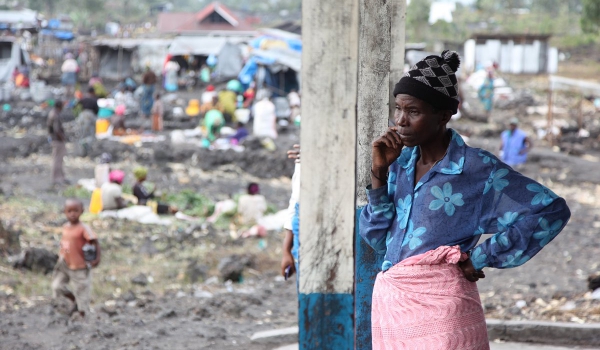
In a letter to Cameroonian President Paul Biya, Prime Minister H.E. Chief Ephraim Inoni, and Minister of External Relations Henry Eyebe Ayissi, the CICC urged Cameroon to prioritize its ratification of the Rome Statute the treaty that created the first permanent global court capable of trying individuals accused of genocide, crimes against humanity and war crimes. Cameroon signed the Rome Statute on 17 July 1998. Ten years later, Cameroon has yet to ratify the Statute, making it one of only two countries in central Africa (Equatorial Guinea is the other) that has yet to join the Court.
The ratification process in Cameroon has stalled since it began in 2000. On 30 June 2001, an inter-ministerial committee acting on a presidential decree submitted a report to the President calling for a ministerial-level drafting of the ratification bill. To date, the ratification bill sits with the Prime Minister who has yet to present the bill to the President for countersignature before Parliament can consider adoption.


